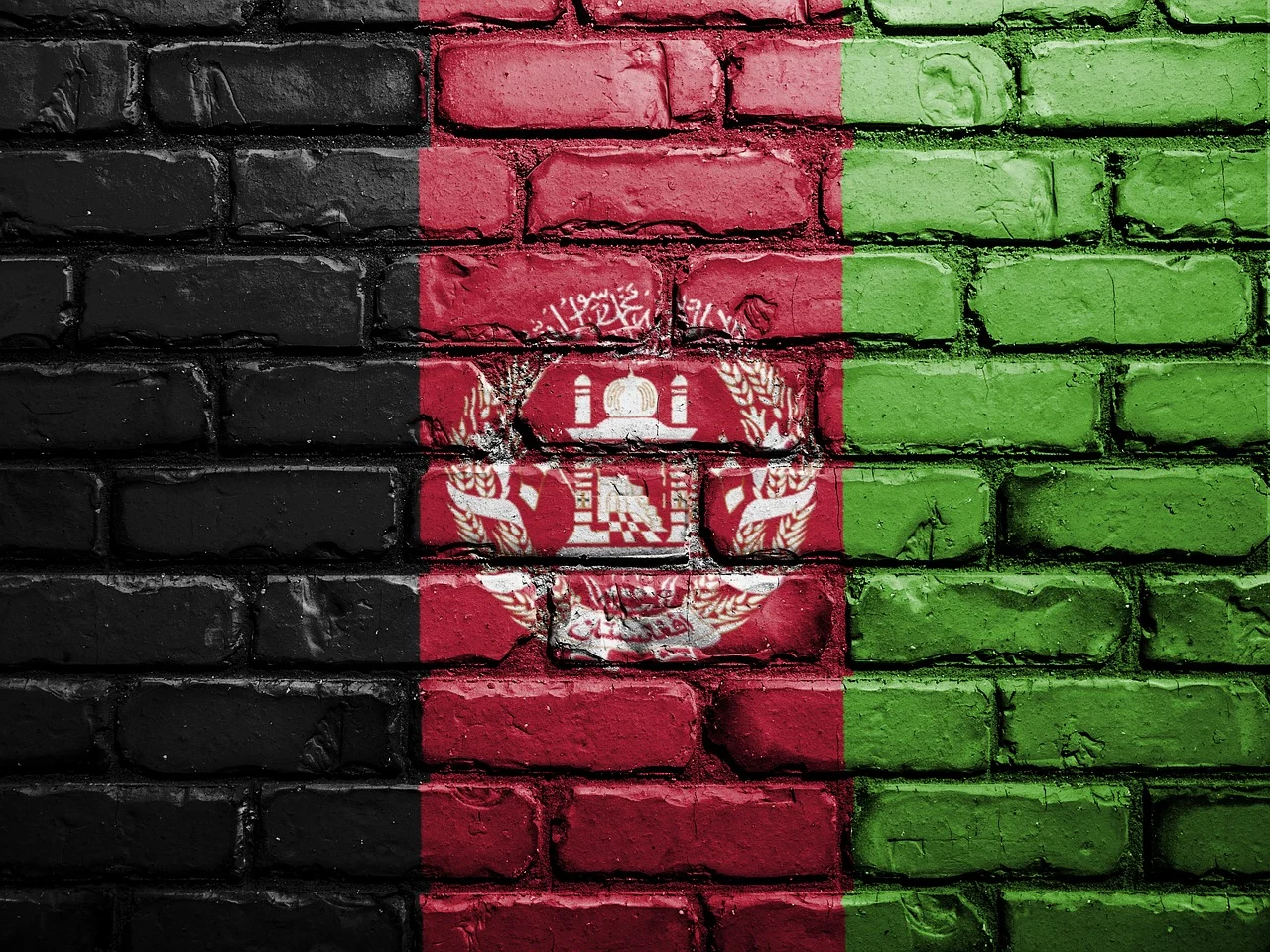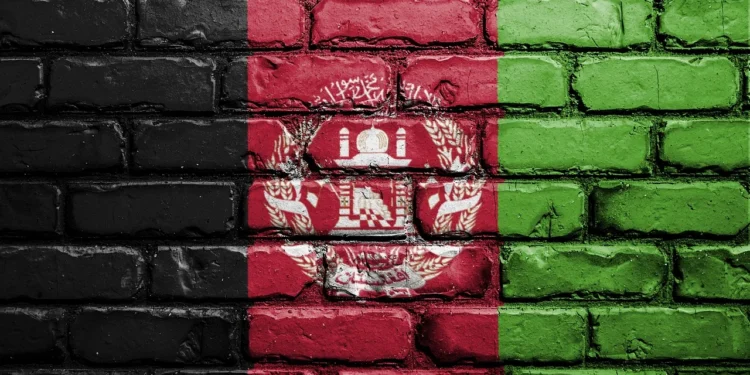The exclusion of female journalists from a press event hosted by the Afghan Taliban Foreign Minister, Amir Khan Muttaqi was a diplomatic and moral failure on the part of the Indian government.
While the Ministry of External Affairs (MEA) quickly washed its hands of the incident, claiming “no involvement,” this non-committal stance rings hollow. To allow a visiting dignitary to impose a medieval, discriminatory rule (one that actively silences half the professional press corp) is acquiescence to gender oppression.
New Delhi is strategically pivoting toward Kabul to secure its regional interests, counter rival influence, and safeguard development investments in Afghanistan. However, this strategic pragmatism appears to have come at the direct cost of India’s foundational democratic values, particularly its commitment to gender equity.

Critics, including prominent opposition figures like Rahul Gandhi and Priyanka Gandhi Vadra, have rightly framed this as an insult to every woman in India, questioning the sincerity of the government’s much-touted ‘Nari Shakti’ (Women’s Power) slogans. The government’s priority seems to have been diplomatic convenience (avoiding an open row with the Taliban delegation) rather than upholding the principle of press freedom and gender non-discrimination.
The Taliban’s own spokesperson, Zai Takel, denying the exclusion while an internal source admitted it was due to “lack of proper coordination,” is nothing more than a predictable diplomatic smokescreen to mask their systemic misogyny.
The spotlight, however, must also turn to the male journalists who chose to stay in the room. As political commentator Mahua Moitra fiercely pointed out, their failure to walk out in solidarity with their excluded female colleagues represented a profound lapse in journalistic ethics and collegial courage. By remaining seated, the male reporters normalized a discriminatory act and, in effect, validated a Taliban policy of gender segregation within a democratic space. This raises the critical question of whether geopolitical expediency should ever eclipse core ethical and professional principles.
Why It Matters
India’s recent decision to re-open its embassy in Kabul signals a formal, though not a recognition, upgrade of diplomatic ties with the Taliban. This development (coming immediately after the men-only presser) sends a disastrous message.
It suggests that while India can negotiate humanitarian aid and counter-terrorism concerns, it is willing to entirely sacrifice its moral standing on the global stage when it comes to the plight of Afghan women and girls.
The Taliban regime has imposed what many now term gender apartheid, severely impacting women’s rights to education, employment, and public life since 2021. Allowing this ideology to spill onto Indian soil sets a dangerous and regrettable precedent.

















